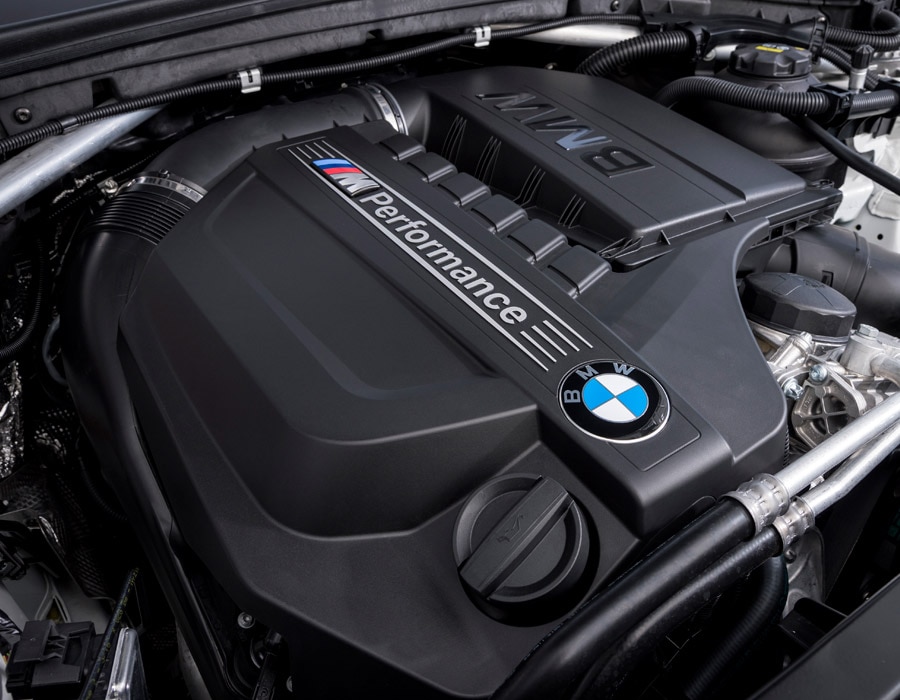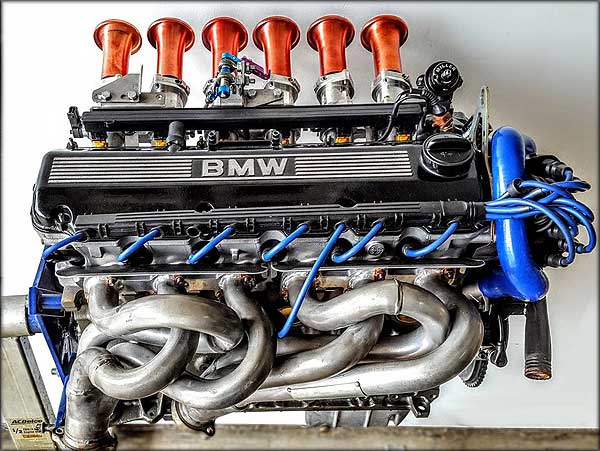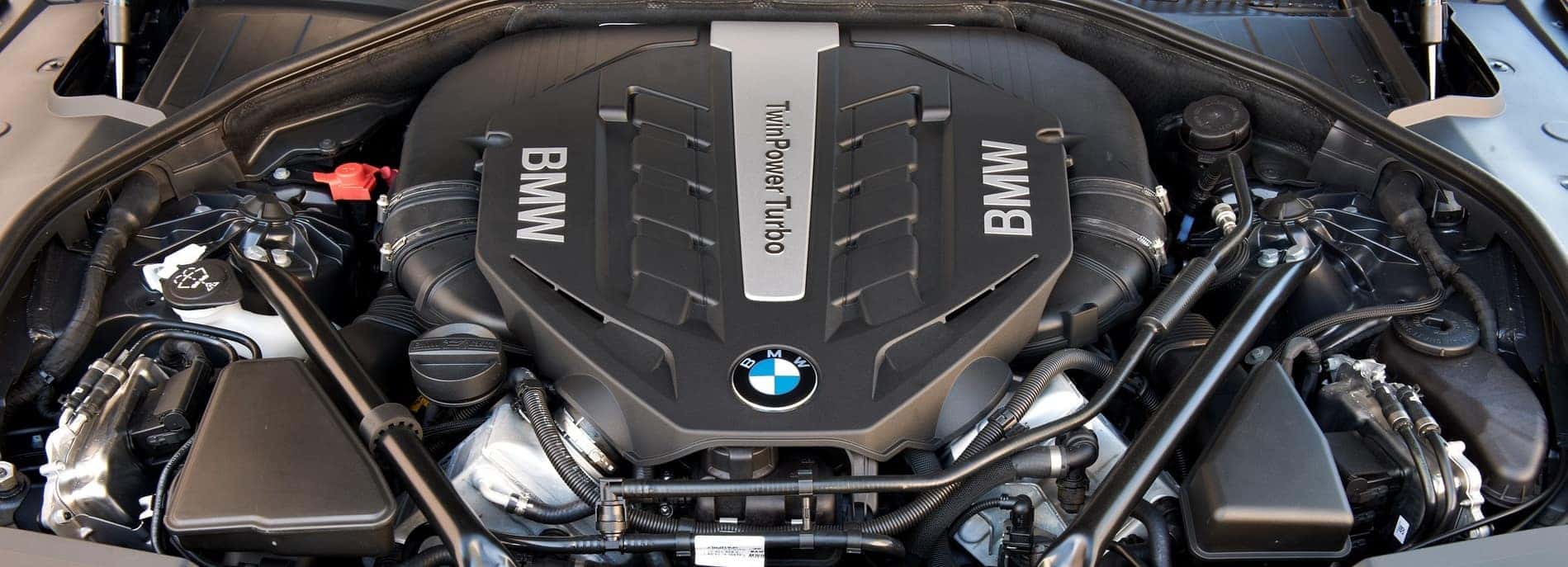Revealing the Intricacies of Next-Generation Power Units: a Deep Dive Into Advanced Engine Styles and Developments
As we stand on the precipice of a new period in transportation, the details of next-generation engine designs bid us to explore the sophisticated innovations and innovations that guarantee to redefine the driving experience. Diving deeper right into the worlds of discharge control, smart engine management systems, and the perspective of power device advancement, we locate ourselves on the cusp of a transformation that guarantees to improve the landscape of movement as we recognize it.
Advancement of Engine Products

The change in the direction of progressed engine products has actually also enabled engineers to create engines with greater power results while keeping gas performance standards. The use of light-weight products minimizes the total weight of the engine, leading to boosted gas economic situation and reduced exhausts. In addition, innovations in products modern technology have actually permitted for much better thermal administration within engines, leading to enhanced integrity and durability.
Turbocharging and Supercharging Technologies
Just How do Turbocharging and Supercharging Technologies revolutionize engine efficiency and efficiency in modern cars? Supercharging and turbocharging are technologies that significantly improve engine efficiency by boosting the amount of air consumption into the burning chamber. Turbocharging accomplishes this by utilizing a generator driven by exhaust gases to pressurize the intake air, while turbo charging utilizes a belt- or chain-driven compressor to attain the exact same effect.
These innovations enable smaller sized, much more fuel-efficient engines to generate power equivalent to bigger ones, referred to as downsizing. Forcibly more air right into the cylinders, supercharging and turbocharging boost combustion effectiveness, resulting in boosted horse power and torque output without a substantial increase in engine size. This brings about better velocity, towing capability, and total driving performance.
Additionally, supercharging and turbocharging add to boosted fuel effectiveness by enabling the usage of smaller engines that take in much less gas under normal driving problems - bmw engine. This mix of boosted performance and effectiveness has actually made turbocharging and turbo charging essential parts of many contemporary engine styles
Exhaust Control and Environmental Influence
With increasing worldwide worries pertaining to air top quality and ecological sustainability, the execution of exhaust control technologies in cars plays a critical role in decreasing damaging contaminants launched right into the environment. Modern automobiles are outfitted with innovative exhaust control systems that aid decrease the ecological effect of auto operations. Catalytic converters, for instance, are created to transform hazardous gases such as carbon monoxide, nitrogen oxides, and hydrocarbons right into less damaging compounds like carbon dioxide and water vapor.
Additionally, developments in engine innovation, such as the combination of exhaust gas recirculation systems and selective catalytic reduction, have actually dramatically added to reducing discharges. These technologies operate in tandem to maximize burning effectiveness and reduce the release of harmful toxins right into the air. Furthermore, the development of crossbreed and electrical automobiles represents an essential action in the direction of decreasing the overall environmental impact of the transportation sector.
Intelligent Engine Monitoring Equipment

In addition, these systems allow vehicles to satisfy stringent exhausts standards without endangering performance, giving a more eco-friendly driving experience. The assimilation of synthetic knowledge and machine understanding abilities in engine monitoring systems remains to press the limits of what is possible, resulting in additional renovations in effectiveness, integrity, and overall automobile performance. bmw engine. As automobile modern technology advancements, smart engine management systems will play an essential function in forming the future of transportation in the direction of an extra reliable and lasting direction
Future Trends in Power System Advancement
As smart engine management systems lead the way for boosted control and optimization in modern cars, future fads in power unit development are poised to redefine the landscape of automobile propulsion modern technologies. Among the key patterns driving advancement in power system growth is the change towards electrification. With an enhancing focus on sustainability and minimizing site web carbon emissions, hybrid and electrical powertrains are ending up being extra widespread in the automotive market. These different power resources offer improved efficiency and performance while lining up with rigid ecological laws.
One more significant trend is the integration of advanced materials and manufacturing techniques. Lightweight materials such as carbon fiber and light weight aluminum are being made use of to minimize overall vehicle weight, boosting gas performance and performance. Additionally, advancements in 3D printing and additive production are making it possible for the production of complicated engine components with greater precision and durability.
Moreover, expert system and artificial intelligence are playing a vital role in maximizing power device efficiency. These innovations allow for real-time surveillance and adaptive control, bring about much more reputable and reliable power shipment. On the whole, future patterns in power device development are tailored towards sustainability, performance, and performance, driving the automobile market in the direction of a new period of propulsion technologies.

Verdict
In verdict, the advancements in engine materials, turbocharging, discharge control, and smart monitoring systems have actually paved the way for next-generation power systems. The complex layouts and innovations in modern engines showcase the continuous development of vehicle modern technology.
Discovering the progressive advancements in engine materials has been critical in improving the performance and effectiveness of contemporary engines. Over the years, the advancement of engine materials has actually played a vital role in pressing the limits of what engines can accomplish.The change in the direction of progressed engine products has likewise allowed engineers to develop engines with higher power outcomes while keeping gas performance standards.The implementation of smart engine monitoring systems in modern-day vehicles has transformed the way engines are controlled and maximized for efficiency and effectiveness. By collecting data in real-time and analyzing it with innovative formulas, intelligent engine management systems can adjust to driving designs, environmental factors, and engine wellness to take full advantage of power output while minimizing gas usage and emissions.